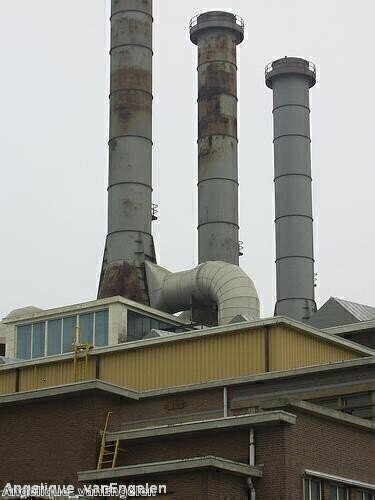-
 Air and water pollution were reduced by altering the auditing process
Air and water pollution were reduced by altering the auditing process
Air Clean Up
Auditing system changes reduces India's air and water pollution
Oct 14 2013
A change in the auditing system of companies in western India has helped to reduce air and water pollution in the region. By no longer allowing companies to pay auditors, the pollution levels created by just under 500 industrial plants in the region have dropped. A new study has found that altering the way that companies interact with those that are meant to be assessing their pollution controls has led to better practice and less pollution emissions.
Typically the companies that own the industrial plants in the region are able to pay auditors to perform checks at their facilities. This 'third-party' system has been shown to be problematic, as the auditors are less likely to be the bearers of bad news to companies that are paying their wages. Standards are therefore able to slip, resulting in higher levels of water contamination and air pollution.
A new study, performed by Harvard University and the Massachusetts Institute of Technology (MIT) working alongside the Gujarat Pollution Control Board (GPCB), found that stopping companies paying their auditors resulted in tougher pollution controls. The two year study involved paying auditors from a central fund and assigning them at random to different plants. All work was double checked and rewards were given for accurate reports.
It was found that imposing this new system meant that auditors were more likely to make accurate findings. The new auditor system revealed that 59 per cent of the 473 plants were in violation of particulate emissions laws, but the majority of them hadn't been cited. Only seven per cent of the failing plants had been brought up on the issue when the standard auditing system was still in use.
Information garnered from the study was used by the state to enforce its laws on pollution, leading to a reduction in air pollution and improved water quality within a six-month when compared to the plants that were still being audited using the traditional system. Inaccurate reports of air and water pollution being under legal limits fell by around 80 per cent when the randomised system was in use.
Events
Apr 22 2024 Hannover, Germany
Apr 23 2024 Kuala Lumpur, Malaysia
Apr 24 2024 Sao Paulo, Brasil
May 05 2024 Seville, Spain
May 13 2024 Munich, Germany













